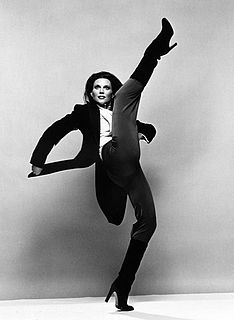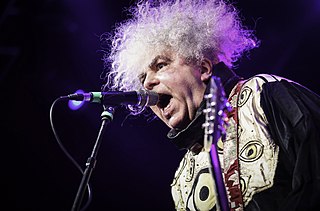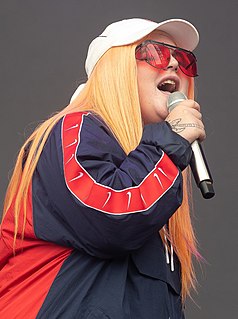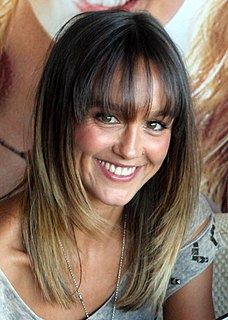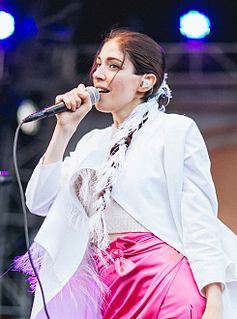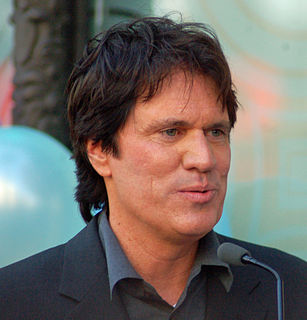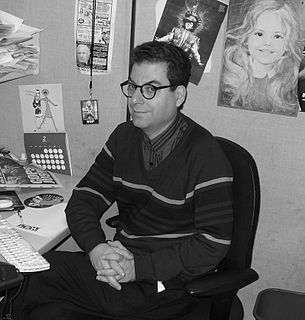A Quote by Ann Reinking
Chorus Line' opened things up a bit. Any show that's successful does that. But 'Chorus Line' was about dancers.
Related Quotes
One of my main problems with music is that the basic formula is always the same: verse, chorus, verse, chorus, bridge, verse, chorus, chorus, chorus, end. One of the bands that changed that was The Beatles. If you listen to 'Everybody's Got Something to Hide Except Me and My Monkey.' It's three verses, bridge, end.
Normally you'll have a structure to a song. You'll have an intro to a verse to a pre-chorus to a chorus, kinda repeat that, maybe there's a bridge, then you'll go out on a chorus - that's the quintessential song structure - sometimes you might do a fake-out, re-do a pre-chorus but the chorus doesn't come until later, but for the most part you follow these tried and true structures.
When the Beatles wrote 'Paperback Writer,' it couldn't have been the same old thing. You can hear so many influences in it, from the blues to Bach, and it's not just verse, chorus, verse, chorus, bridge chorus. They start off singing a cappella, almost like a Bach chorale, and the song goes into this bluesy guitar riff.
The world is not checking in with us to see what skills we've picked up, what idea we've concocted, what dreams we carry in our hearts. When a job opens, whether it's in the chorus line or on the assembly line, it goes to the person standing there. It goes to the eager beaver the boss sees when he looks up from his work: the pint-sized kid standing at the basketball court on the playground waiting for one of the older boys to head home. "Hey, kid, wanna play?"
